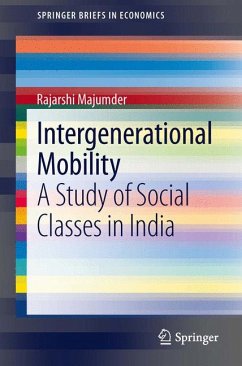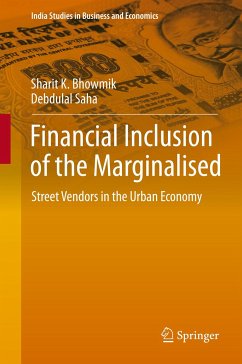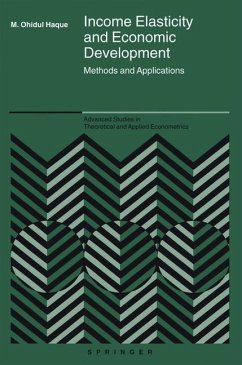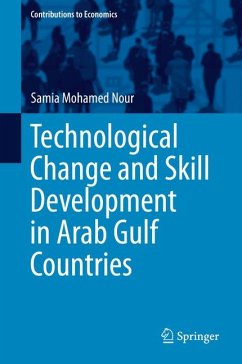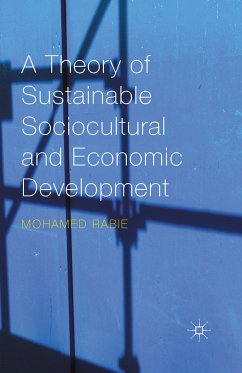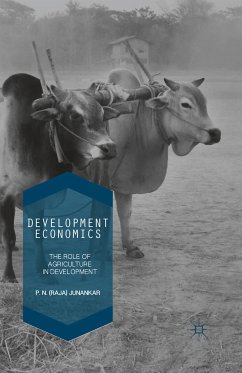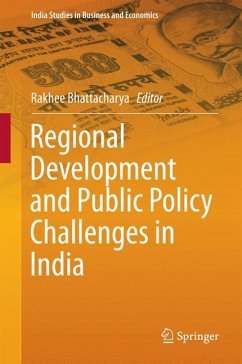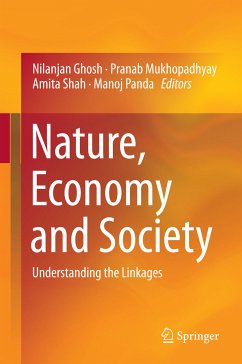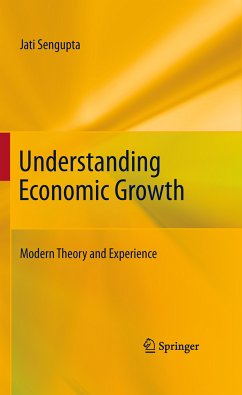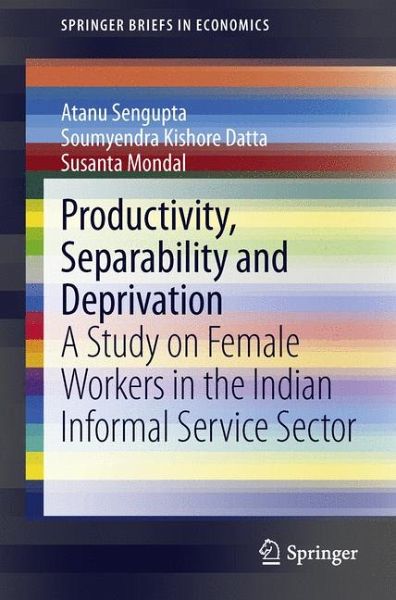
Productivity, Separability and Deprivation (eBook, PDF)
A Study on Female Workers in the Indian Informal Service Sector
Versandkostenfrei!
Sofort per Download lieferbar
40,95 €
inkl. MwSt.
Weitere Ausgaben:

PAYBACK Punkte
20 °P sammeln!
In production and service sectors we often come across situations where females remain largely overshadowed by males both in terms of wages and productivity. Men are generally assigned jobs that require more physical work while the 'less' strenuous job is allocated to the females. However, the gender dimension of labor process in the service sector in India has remained relatively unexplored. There are certain activities in the service sector where females are more suitable than males. The service sector activities are usually divided into OAE and Establishments. In this work, an attempt has b...
In production and service sectors we often come across situations where females remain largely overshadowed by males both in terms of wages and productivity. Men are generally assigned jobs that require more physical work while the 'less' strenuous job is allocated to the females. However, the gender dimension of labor process in the service sector in India has remained relatively unexplored. There are certain activities in the service sector where females are more suitable than males. The service sector activities are usually divided into OAE and Establishments. In this work, an attempt has been made to segregate the productivity of females compared to that of males on the basis of both partial and complete separability models. An estimate has also been made of the female labor supply function. The results present a downward trend for female participation both in Own Account Enterprises (OAE) and Establishment. The higher the female shadow wage the lower their supply. This lends support to the supposition that female labor participation is a type of distress supply rather than a positive indicator of women's empowerment. Analysis of the National Sample Service Organization data indicates that in all the sectors women are generally paid less than men. A micro-econometric study reveals that even in firms that employ solely female labor, incidence of full-time labor is deplorably poor. It is this feature that results in women workers' lower earnings and their deprivation.
Dieser Download kann aus rechtlichen Gründen nur mit Rechnungsadresse in A, B, BG, CY, CZ, D, DK, EW, E, FIN, F, GR, HR, H, IRL, I, LT, L, LR, M, NL, PL, P, R, S, SLO, SK ausgeliefert werden.




